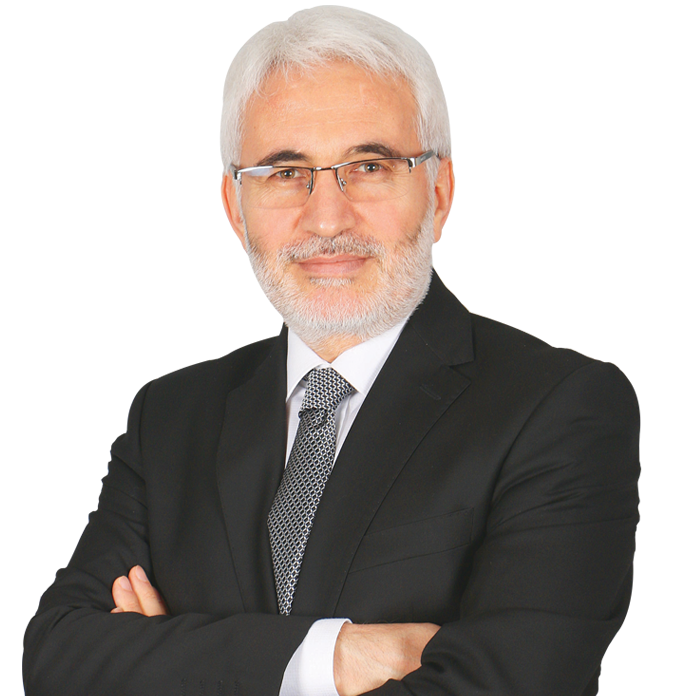When I wrote this article, the critical meeting between Yıldırım and Vice President Mike Pence had not taken place. However, after meetings with the Congress Foreign Relations chairman and other American authorities, Yıldırım said that the meetings had been “positive.” Pointing to the current phase of Turkey-U.S. relations, Yıldırım said, “After these meetings, we will have an idea about which direction we should move to. We cannot say that relations are at the perfect level, and the U.S. is not happy with this situation either. We need to focus on the future, not the past. We are underlining and will underline these in negotiations.”
Prime Minister Yıldırım is a rational politician. In response to a question of what he expected from the U.S. visit, he said, “Not an immediate result. The aim in such meetings is to make progress. We will highlight positive, not negative, aspects of our relations. I think we have no insolvable problem.”
We will wait for and see the results of Yıldırım’s U.S. visit. Yet I would like to explain the atmosphere here.
It seems that the U.S. will not take a step to solve the aforementioned three problems in favor of Turkey in the near future. Moreover, it is almost a common view that Zarrab’s case will move into another stage in the trial to be held on Nov. 27.
As I mentioned recently, it seems the U.S. will do something similar to what Germany did in the past. Germany had found a sham “confessor” in the E.V. Deniz Feneri case and abated his sentence. Then they conducted extrajudicial execution, saying that “real criminals are in Turkey” in reference to some people who were never judged or interrogated. They used that case as an instrument to design Turkish politics.
Reportedly, Zarrab will be summoned to the U.S. court as a confessor and even a “witness.” He will be questioned as a witness and handed a light sentence. His imprisonment for nearly two years will be counted in this sentence and will be vaporized within the scope of “witness protection.” If this scenario comes comes to be, it is seen that some politicians and businessmen in Turkey will be accused in the scope of the Zarrab case. Moreover, the rumor that fabricated tapes used by FETÖ during the Dec. 17/25 coup attempt will be added to the Zarrab case shows the dimension of the plot. So, the already complicated Turkey-U.S. relations will be even more complicated.
It seems they want something from Turkey: Is it to keep quiet about the terror corridor in northern Syria or a bigger project including it? Or a design of the Middle East targeting Turkey’s territorial integrity? Maybe all of them. Because both the extradition of FETÖ’s leader and the Zarrab case are related to each other.
President Erdoğan met Trump in the U.S. where he went to for UN meetings in September. During that bilateral meeting, Turkey insisted on its arguments, but the U.S. did not change its position.
As such, Yıldırım’s meetings in Washington and New York are critical.
As a result, our interests do not coincide with the U.S., our strategic partner, in this period. The escalating tension benefits neither parties. Let us see whether a happy medium will be found and whether the parties will tone down their attitude. for now, that is all from here.
The U.S. has exaggerated security this time.
For the first time, I have come to the U.S. with high state officials. The American police are keeping a most tight watch around the Washington hotel we are staying in. Big trucks are deployed at the two ends of the street where the hotel is located. There are numerous police cars and policemen, as well as those who they call the “Secret Service” in civilian clothing. Locals say, "This is the first time something like this is happening." The reason is the brawl driven by Kurdistan Workers’ Party (PKK) provocations during President Erdoğan’s latest visit.
The U.S. has exaggerated security so much that when we stepped out of the hotel for a morning walk with Yıldırım, a helicopter flew over us. Although Turkey did not make such a request about security, the U.S. did it.
I think it is time for the U.S. to see that “a good example has twice the value of good advice.” I look out the window of the hotel room at night and see the beacons of police cars that keep watch on the corners of the desolate street.




















